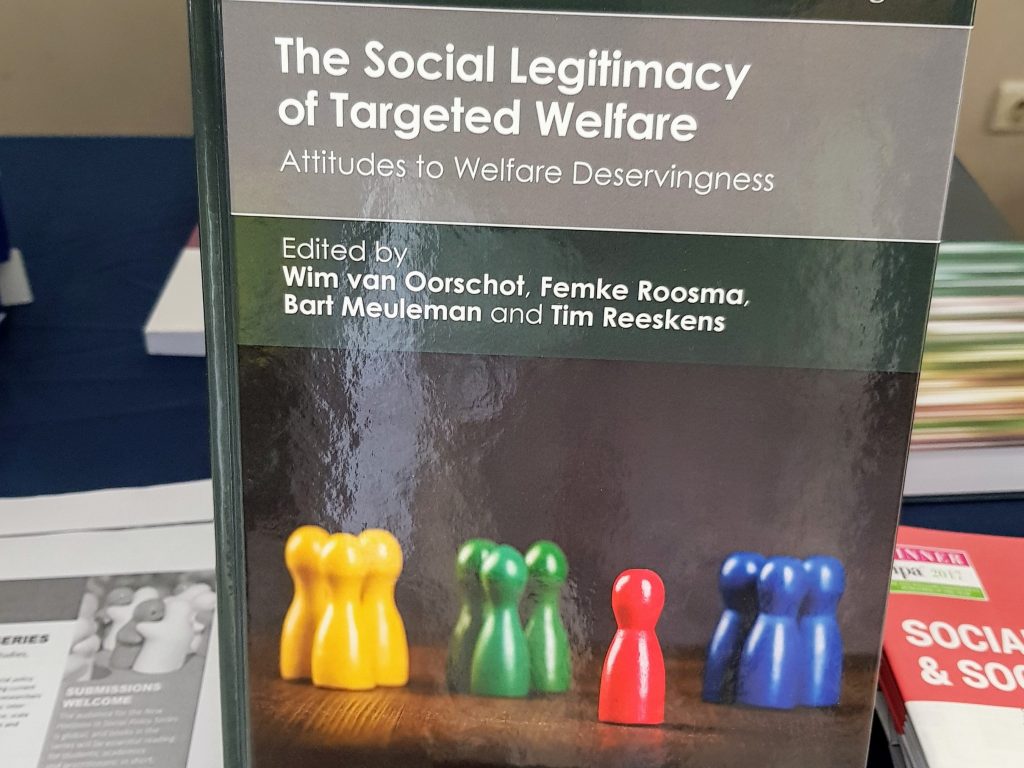Four months since my last update, yet life has been going fast. I decided to take a well-deserved summer holiday and I spent one month in Colombia. It will take many more blog posts to summarize how amazing this trip actually was. Several great memories that simply cannot condensely be written out in an academic blog.
Many things have happened in the past four months. First of all, it is important that the Dutch fieldwork of the European Values Study is in the field. After a long trajectory of writing out a tender for fieldwork companies (and selecting the one with the best qualifications), translating the questionnaire, interviewer training, sampling designs, and so on, it’s with pleasure that I can add that the fieldwork has started about a month ago. The fieldwork is proceeding well, and response figures are heading in the right direction.
In addition, Edward Elgar publishing has worked hard to print an edited volume I have contributed to. Together with Wim van Oorschot, Femke Roosma, and Bart Meuleman, I brought together seminal authors working on welfare deservingness. After quite some time reviewing and revising chapters, it is with pleasure to see the end product on the shelf. “The Social Legitimacy of Targeted Welfare. Attitudes to Welfare Deservingness” is out!

At Tilburg University, the new academic year has started. For our Department, it’s an important transition, as we created an English track in the Bachelor program. We are pleased to host 16 students in the Bachelor International Sociology. The first bloc of the year started well: I’m teaching on social capital for 16 bright new students in the first year of the Research Master in Social and Behavioral Sciences. Next to that, I also teach the course “Diversity and Community” for about 30 students at University College Tilburg. In the Education Committee of Sociology, I made ‘promotion’ from staff member to chair. Apart of that, also the first Faculty Board with the new Dean has taken place, as well as the first meeting of the Dutch Sociological Association of the new academic year.
Least to say things are moving fast!



